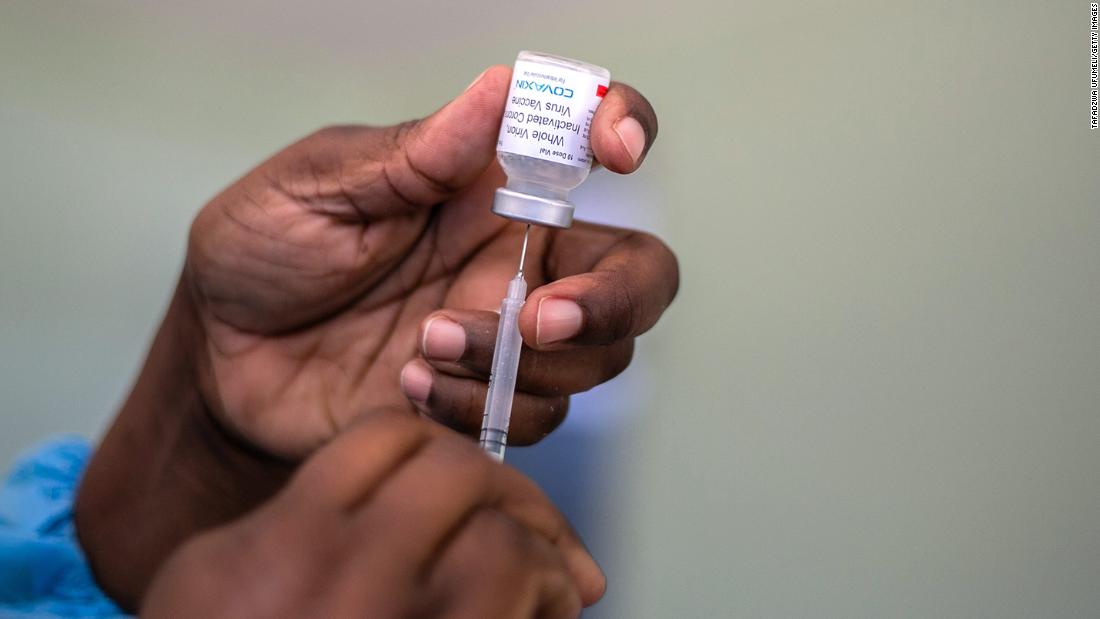Training for a Half Marathon in 12 Weeks A Comprehensive Guide
Running a half marathon is a challenging yet achievable goal that can transform your life in many ways. It requires commitment, dedication, and a well-structured training plan. Whether you're a seasoned runner looking to improve your race time or a beginner taking on your first half marathon, this 12-week training guide will help you prepare effectively for the race day.
Before you begin your training journey, it's essential to understand the commitment and effort required for a successful half marathon training program. This guide will walk you through the key elements of training, including setting goals, building a training plan, nutrition, and recovery. By the end, you'll be well-prepared for the race and equipped with the knowledge to make your half marathon experience a memorable one.
Setting Your Half Marathon Goals
Before lacing up your running shoes and hitting the road, it's crucial to establish clear and realistic goals for your half marathon. Having specific objectives will help you stay motivated throughout your training and provide a sense of purpose. Here are a few tips for setting your half marathon goals:
Determine Your Target Finish Time: Whether you aim to complete the race within a certain time frame or simply want to cross the finish line, having a time goal in mind will guide your training plan.
Assess Your Current Fitness Level: Consider your current running ability, fitness level, and any previous race experiences. This assessment will help you set achievable goals that align with your abilities.
Establish Short-term and Long-term Goals: Divide your goals into short-term objectives (e.g., weekly mileage or pace targets) and long-term objectives (e.g., finishing the race strong). This approach will make your training more manageable and motivating.
Account for External Factors: Recognize that factors like weather, injuries, and life commitments can affect your training. Be adaptable in your goals and training plan to accommodate unforeseen circumstances.
Creating Your 12-Week Training Plan
With your goals in mind, the next step is to create a structured training plan that will gradually build your endurance, strength, and speed. Here's a breakdown of a 12-week training plan for a half marathon:
Weeks 1-4 (Foundation Building)
During the initial weeks, focus on building a solid foundation of endurance and consistency. Start with a comfortable weekly mileage and gradually increase it by no more than 10% each week. Your training should include:
- Three to four days of running per week, with one long run.
- One or two days of cross-training (e.g., cycling or swimming).
- One day of rest or active recovery (light yoga or stretching).
Weeks 5-8 (Increasing Intensity)
As you progress into the middle phase of your training, it's time to add more intensity. Incorporate speed work, hill training, and tempo runs to improve your pacing and stamina. Your training should include:
- Three to four days of running per week, with one long run.
- One or two days of cross-training.
- One day of rest or active recovery.
Weeks 9-12 (Peak Performance)
During the final weeks leading up to the half marathon, focus on fine-tuning your performance. Maintain your weekly mileage but emphasize quality runs, including race pace efforts. Your training should include:
- Three to four days of running per week, with one long run.
- One or two days of cross-training.
- One day of rest or active recovery.
Throughout your 12-week training plan, listen to your body and be mindful of any signs of overtraining or injury. If necessary, adjust your plan to allow for adequate recovery. Additionally, consider seeking guidance from a running coach or experienced runner to ensure your training is on track.
Nutrition and Hydration
Proper nutrition is a fundamental aspect of half marathon training. Fueling your body with the right nutrients and staying adequately hydrated will enhance your performance and recovery. Here are some key nutrition and hydration tips:
Balanced Diet: Maintain a well-balanced diet that includes carbohydrates, protein, healthy fats, fruits, vegetables, and whole grains. Carbohydrates are particularly important for fueling your runs.
Meal Timing: Eat a balanced meal 2-3 hours before your long runs and races. Opt for easily digestible foods to prevent stomach discomfort during your run.
Hydration: Stay well-hydrated throughout your training. Aim to drink water consistently throughout the day, and consider sports drinks with electrolytes for longer runs.
Recovery Nutrition: After your runs, consume a post-run meal or snack rich in protein and carbohydrates to aid muscle recovery and glycogen replenishment.
Supplements: Consult with a healthcare professional to determine if you need any supplements, such as iron or vitamin D, to support your training.
Remember that nutrition is highly individual, and what works for one runner may not work for another. Experiment with different foods and strategies during your training to find what best suits your needs.
Injury Prevention and Recovery
Injuries can be a setback in your half marathon training journey. To minimize the risk of injuries and ensure a successful training program, follow these injury prevention and recovery guidelines:
Proper Footwear: Invest in a good pair of running shoes that provide adequate support and cushioning. Get fitted at a specialty running store for the best results.
Warm-up and Cool-down: Always warm up before your runs with dynamic stretches and cool down with static stretches to prevent muscle strain.
Strength Training: Incorporate strength training exercises, such as squats, lunges, and core workouts, into your routine to improve muscular stability and balance.
Rest and Recovery: Schedule rest days into your training plan to allow your body to recover. Listen to your body and don't push through pain.
Foam Rolling and Stretching: Use foam rollers to release muscle tension and perform regular stretching to maintain flexibility.
Massage and Physical Therapy: Consider occasional massages or physical therapy sessions to address any muscle imbalances or tightness.
Cross-Training: Cross-train with low-impact activities like swimming or cycling to reduce the impact on your joints.
Ice and Compression: If you experience soreness or inflammation, use ice and compression techniques to alleviate discomfort.
Mental Preparation
Running a half marathon is not just a physical challenge; it's a mental one as well. Mental preparation is essential for overcoming doubts and pushing through tough moments during the race. Here are some strategies for mental preparation:
Visualization: Visualize yourself crossing the finish line, feeling strong and confident. This mental imagery can boost your motivation and reduce anxiety.
Positive Self-talk: Replace negative thoughts with positive affirmations. Encourage yourself during challenging training runs and races.
Mindfulness and Relaxation: Practice mindfulness techniques and relaxation exercises to manage race-day nerves and stress.
Race Strategy: Develop a race strategy that includes pacing, hydration, and nutrition plans. Knowing what to expect can reduce race-day anxiety.
Race-Day Mantra: Create a personal mantra or phrase that you can repeat to yourself when the going gets tough. It can help you stay focused and resilient.
Race Day
As race day approaches, make sure you're well-prepared for the big event. Here are some tips for a successful race day:
Check Your Gear: Ensure you have all your race-day essentials, including your bib, timing chip, running shoes, and appropriate clothing.
Early Start: Arrive at the race venue early to avoid any last-minute rush or stress.
Warm-Up: Perform a light warm-up routine before the race to prepare your muscles.
Stick to Your Plan: Execute the race strategy you developed during your training. Don't start too fast, and stay consistent.
Stay Hydrated and Fuel: Follow your nutrition and hydration plan during the race. Don't try anything new on race day.
Enjoy the Experience: Embrace the excitement of the race and the support of fellow runners and spectators.
Post-Race Celebration: After crossing the finish line, celebrate your achievement and take time to cool down and stretch.
Training for a half marathon in 12 weeks is a challenging but rewarding journey. With the right mindset, a well-structured training plan, and a focus on nutrition, recovery, and injury prevention, you can achieve your half marathon goals. Remember that every runner's journey is unique, so be patient, stay committed, and enjoy the process. As you cross the finish line, you'll not only achieve a remarkable physical feat but also gain a sense of accomplishment and confidence that can positively impact other areas of your life. Good luck on your half marathon adventure!


.jpg)






 English (US) ·
English (US) ·